There is a common perception that the Conclusion is just a formality in IELTS Writing Task 2, so people tend to not pay equal attention to this part. However, this is a false perception that may cause you your desired writing score.

Imagine you are reading a long academic article and you are feeling lost and tired. Or, imagine you don’t have much time to read the whole academic article but you need to present it in a few minutes. What would you do?
I would read the conclusion.
IELTS essay is the simplest form of an academic paper. It requires you to include and explain your opinions with examples. So, an IELTS essay’s conclusion should also follow the rules of an academic paper’s conclusion. However, since it is a little too simple to be an academic paper, there are some differences. So, let’s talk about IELTS writing task 2 and a good conclusion.
A good conclusion in IELTS includes:
The topic/statement(s)
Just like an introduction, you need to re-mention the statement(s) in the conclusion. Of course, you cannot copy the given one(s) or the one(s) you write in the introduction. You need to paraphrase one more time. So, don’t forget to “arm” yourselves with lots and lots of words and their synonyms.
Your overall opinion (if any)
Again, this is what you also have in the introduction, try to make it look and sound different BUT the MEANING HAS TO BE THE SAME.
A summary of your main ideas
Now, this is the part where most people forget so they lose points in Task Response. A good conclusion has to cover all the main points that you give in the whole essay. This is the reason why having an outline ready is very important. It will save you a lot of time, believe me!
You can summarise in 1-2 sentences or, best, you can put everything into noun phrases. Do not mention your explanations, ONLY MAIN IDEAS.
Note:
- NEVER EVER GIVE NEW IDEAS IN THE CONCLUSION.
- A good conclusion SHOULD NOT BE TOO LONG. So ideally, you should write 2-3 compound sentences.
In real academic papers, there is often another part after the conclusions, called “For further studies” where writers propose other angles to look at or other related topics. But in IELTS, you don’t need to, hence no new ideas or proposals need to be presented.
Don’t undermine the conclusion. Sometimes it wins a lot of points for you and saves you hundreds of dollars of retaking the exam. It is a part of Task Response, remember?
Check out which Practice9’s services fit you and your needs the most here.
Feel free to contact us for better guidance on your IELTS journey.
Don’t waste your time on IELTS! You can get it this time.
Have fun learning!

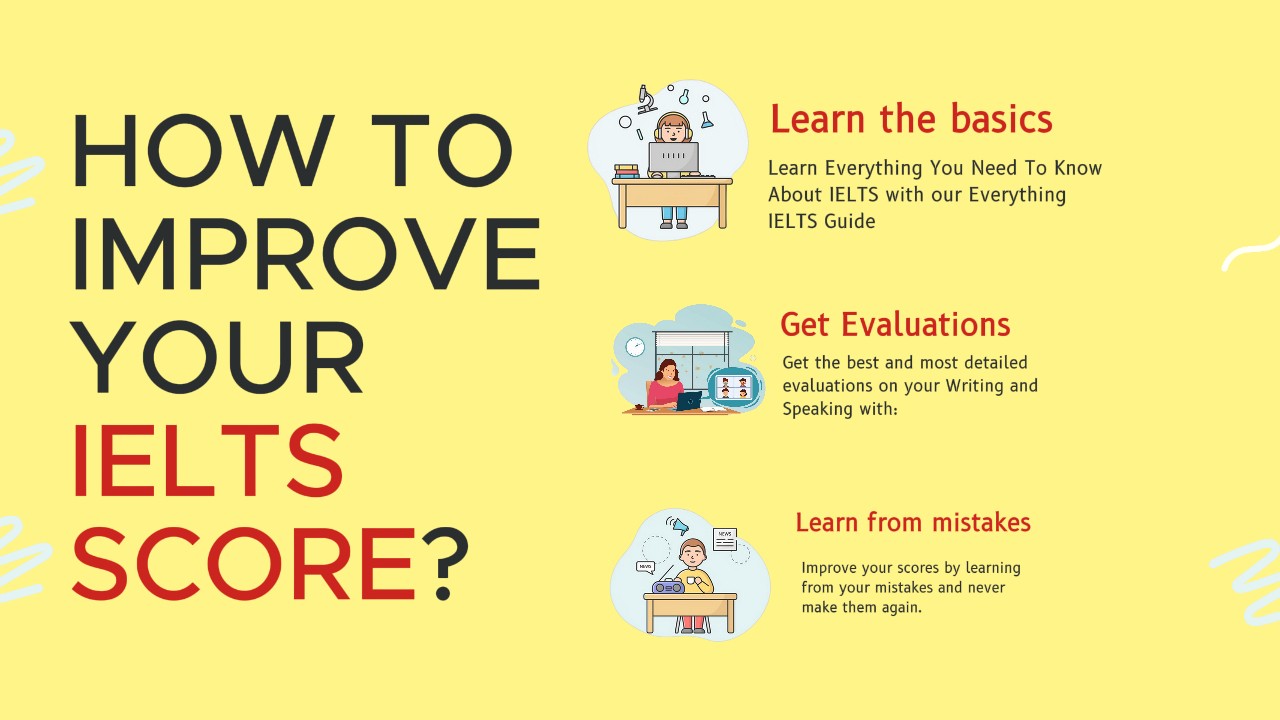
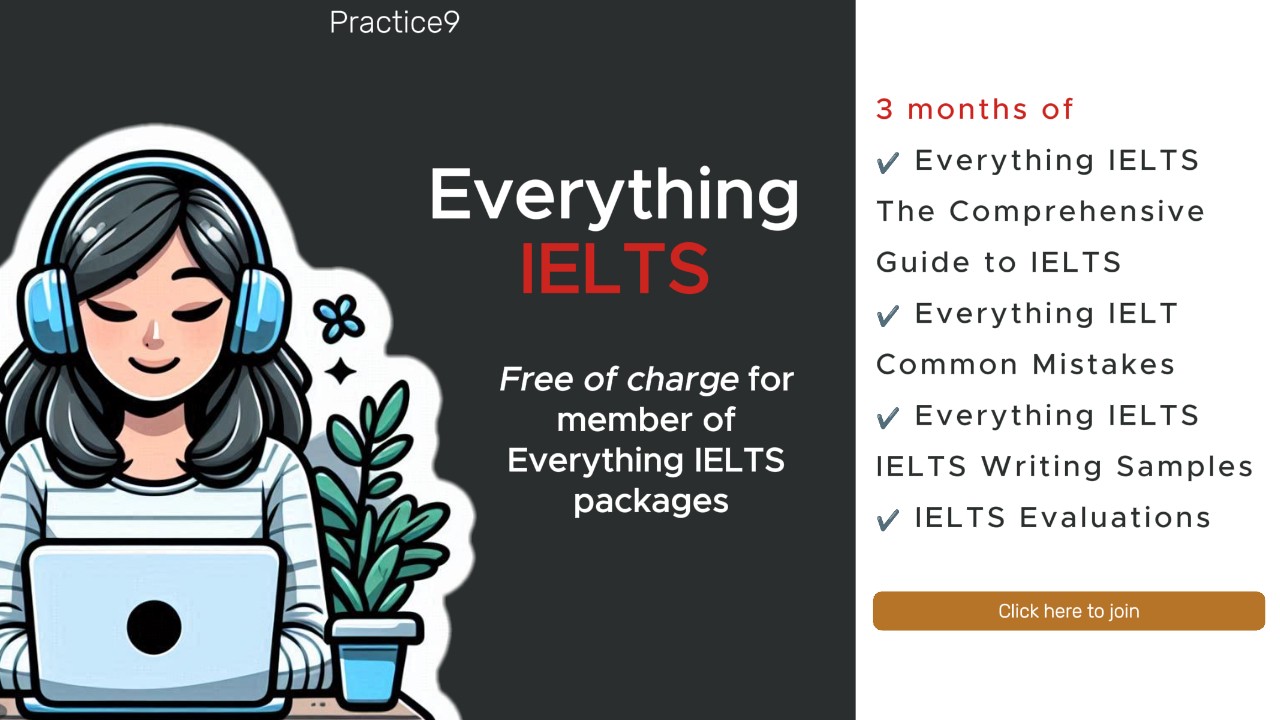
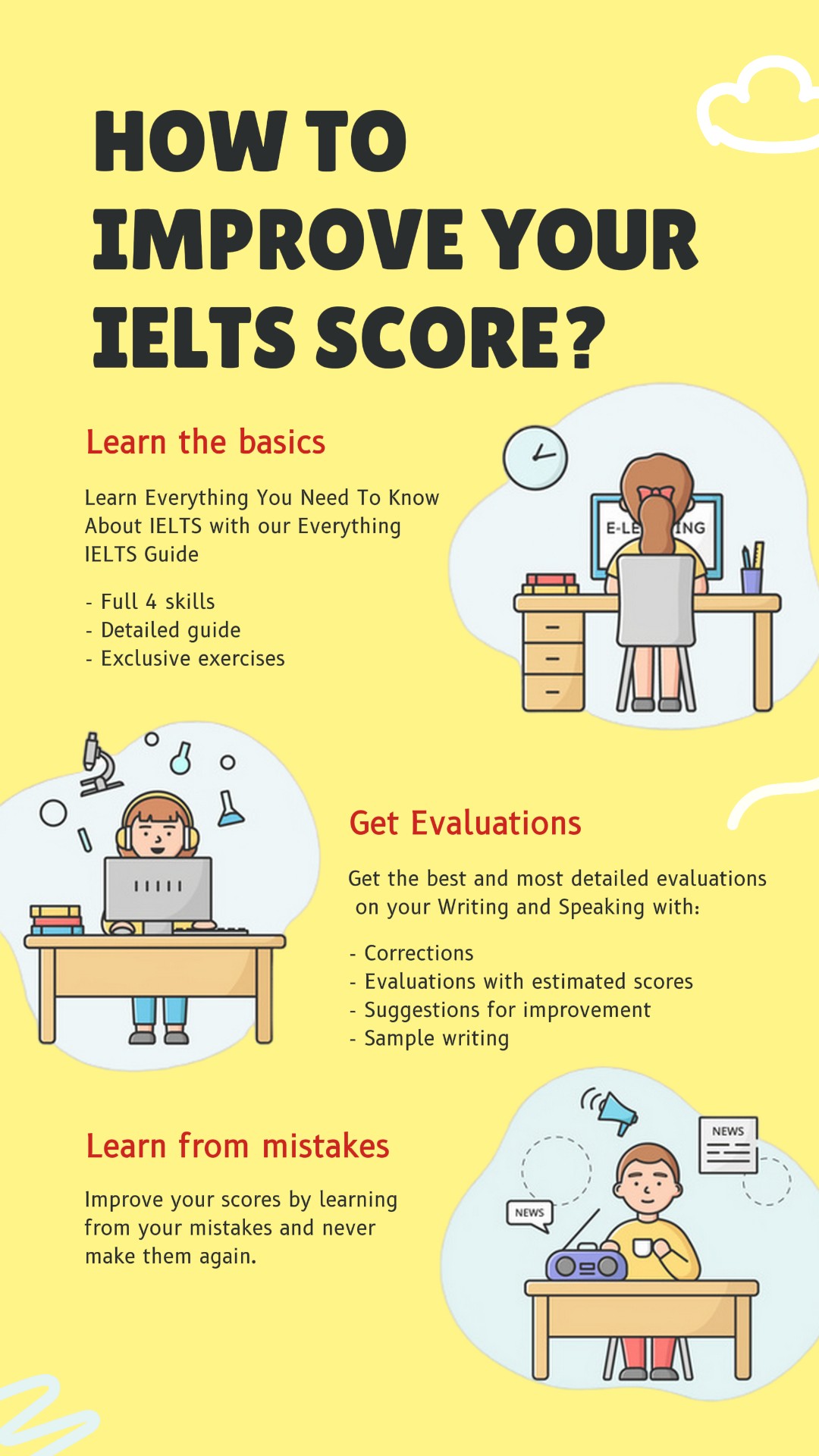
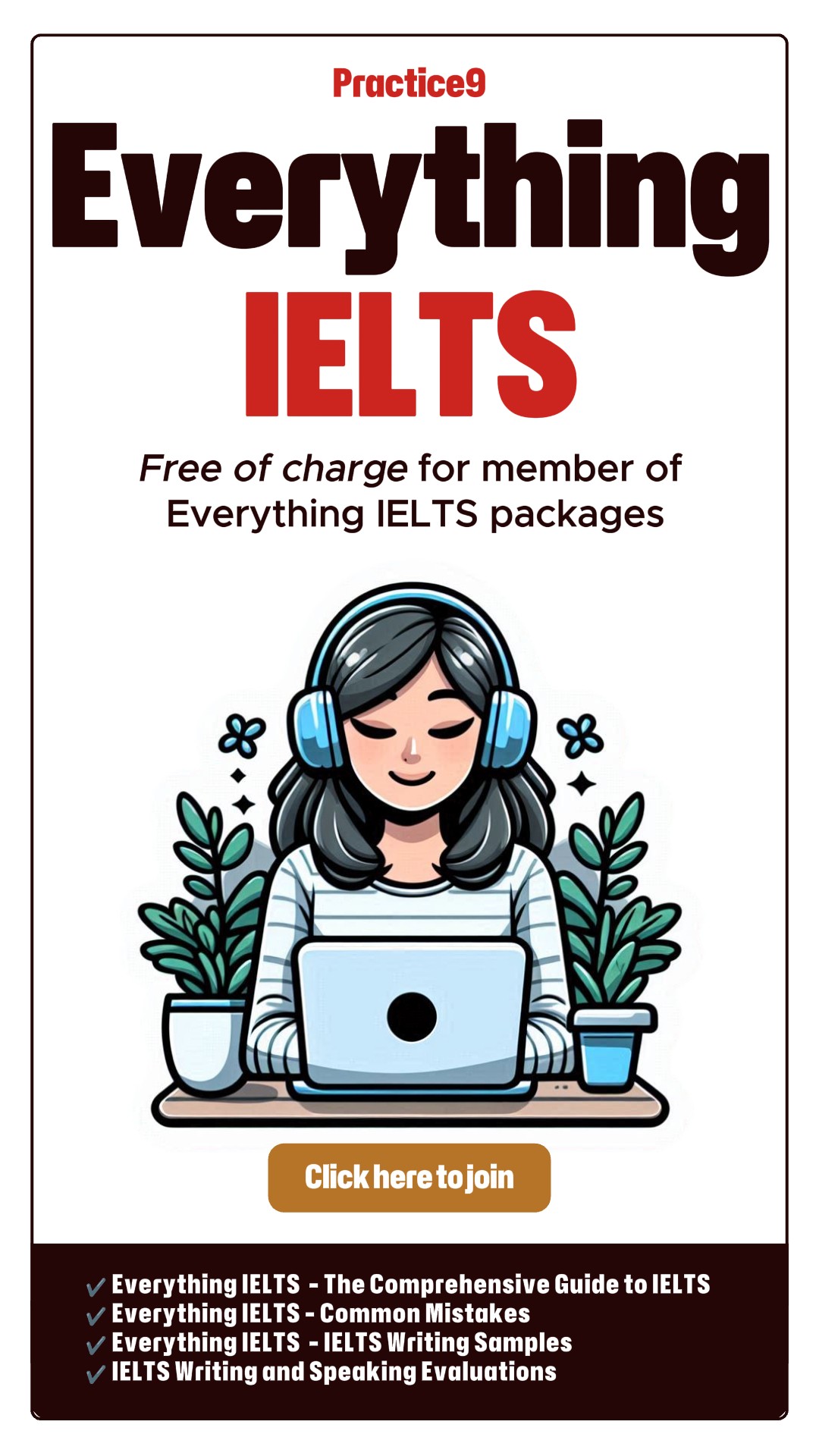

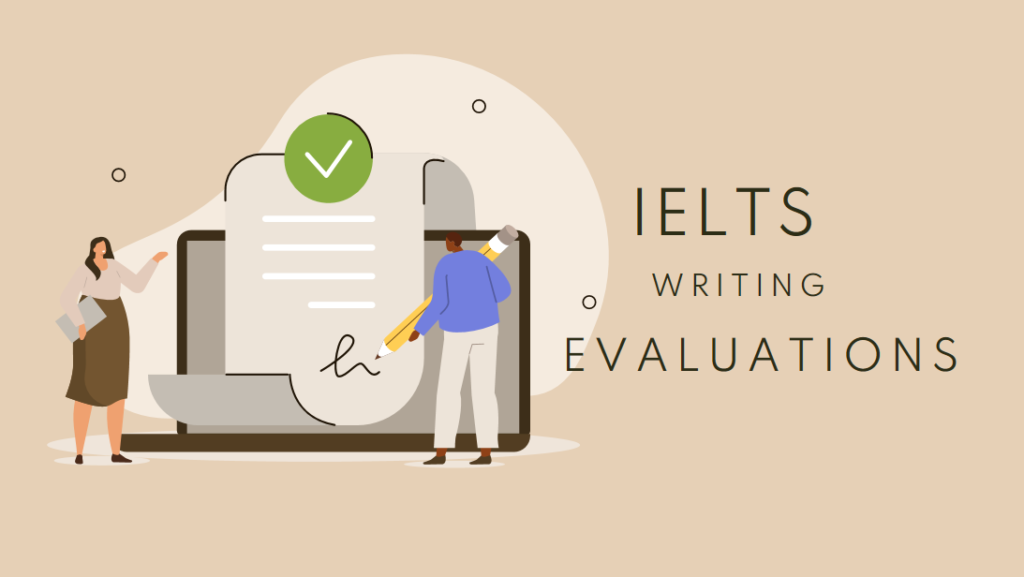
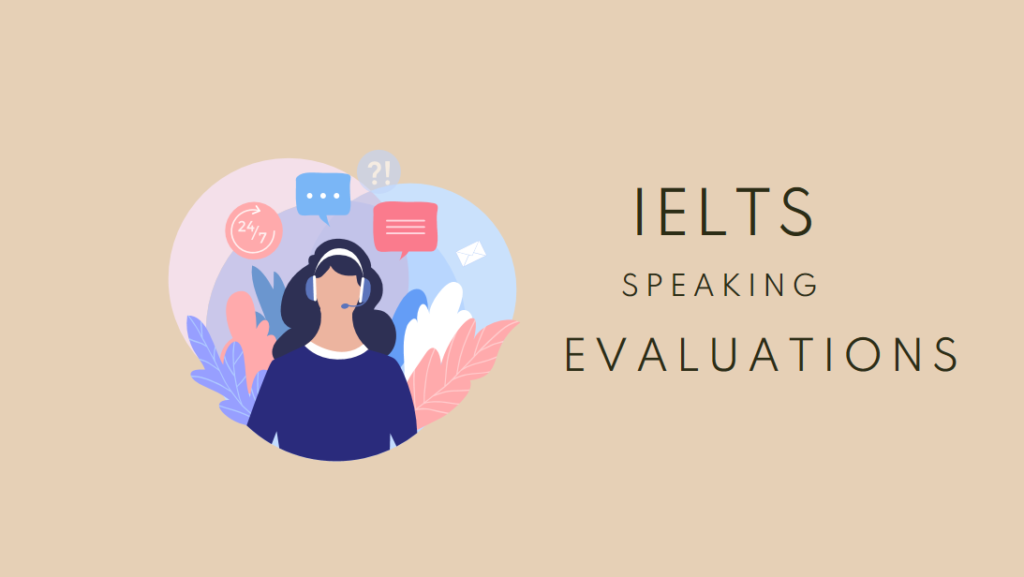





Responses